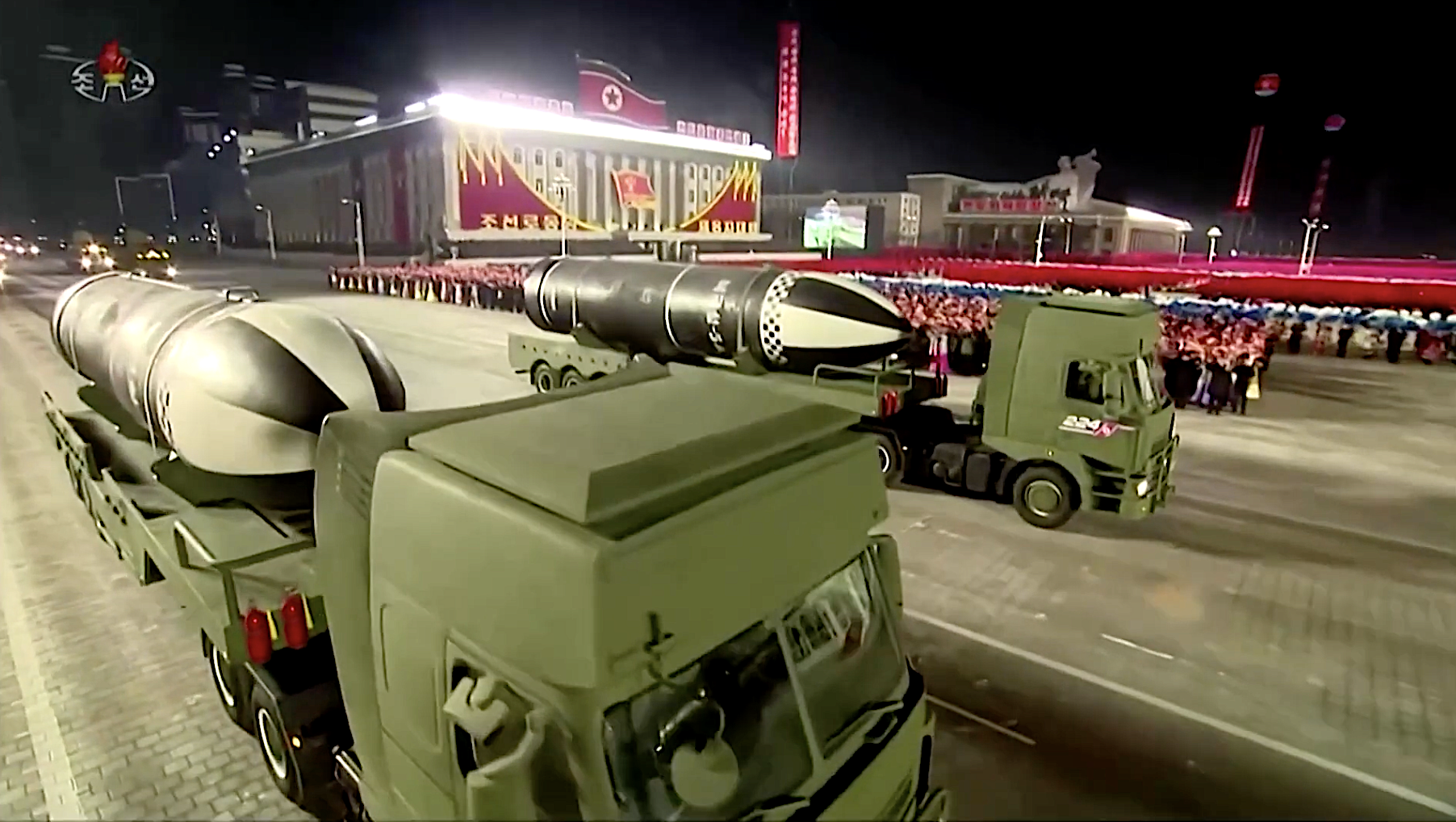North Korea is funding its nuclear program with hacked cryptocurrency, other cyber-theft, U.N. panel reports


A free daily email with the biggest news stories of the day – and the best features from TheWeek.com
You are now subscribed
Your newsletter sign-up was successful
North Korea largely self-isolated after the global COVID-19 pandemic hit, curbing its elaborate sanctions-evading means of bringing in hard currency. And with those financial lifelines shut off, North Korean leader Kim Jong Un has relied on government hackers to upgrade his country's nuclear and ballistic missile programs, a United Nations panel reported to the U.N. Security Council on Monday, according to a confidential report obtained by The Associated Press, CNN, and Reuters.
The panel of outside experts charged with monitoring U.N. sanctions on North Korea found that Pyongyang's "total theft of virtual assets from 2019 to November 2020 is valued at approximately $316.4 million." Among the suspected cyber-theft, the panel said, it's investigating a September hack against a cryptocurrency exchange that siphoned off about $281 million, plus a $23 million hack the next month.
North Korean intelligence's Reconnaissance General Bureau evidently conducted "malicious" activities, including "operations against financial institutions and virtual currency exchange houses," plus "attacks on defense companies," the panel found. And with these ill-gotten gains, North Korea "produced fissile material, maintained nuclear facilities, and upgraded its ballistic missile infrastructure" while continuing "to seek material and technology for these programs from overseas."
The Week
Escape your echo chamber. Get the facts behind the news, plus analysis from multiple perspectives.

Sign up for The Week's Free Newsletters
From our morning news briefing to a weekly Good News Newsletter, get the best of The Week delivered directly to your inbox.
From our morning news briefing to a weekly Good News Newsletter, get the best of The Week delivered directly to your inbox.
The U.N. Security Council has imposed stringent sanctions on North Korea since 2006, in response to the country's first nuclear test explosion. North Korea showed off new weapons last year. The panel of experts, which updates the Security Council about twice a year, suggested new sanctions on a quartet of North Korean men. "It's unclear when this report will be released," CNN reports. "Previous leaks have infuriated China and Russia, both members of the U.N. Security Council, leading to diplomatic standoffs and delays."
A free daily email with the biggest news stories of the day – and the best features from TheWeek.com
Peter has worked as a news and culture writer and editor at The Week since the site's launch in 2008. He covers politics, world affairs, religion and cultural currents. His journalism career began as a copy editor at a financial newswire and has included editorial positions at The New York Times Magazine, Facts on File, and Oregon State University.
